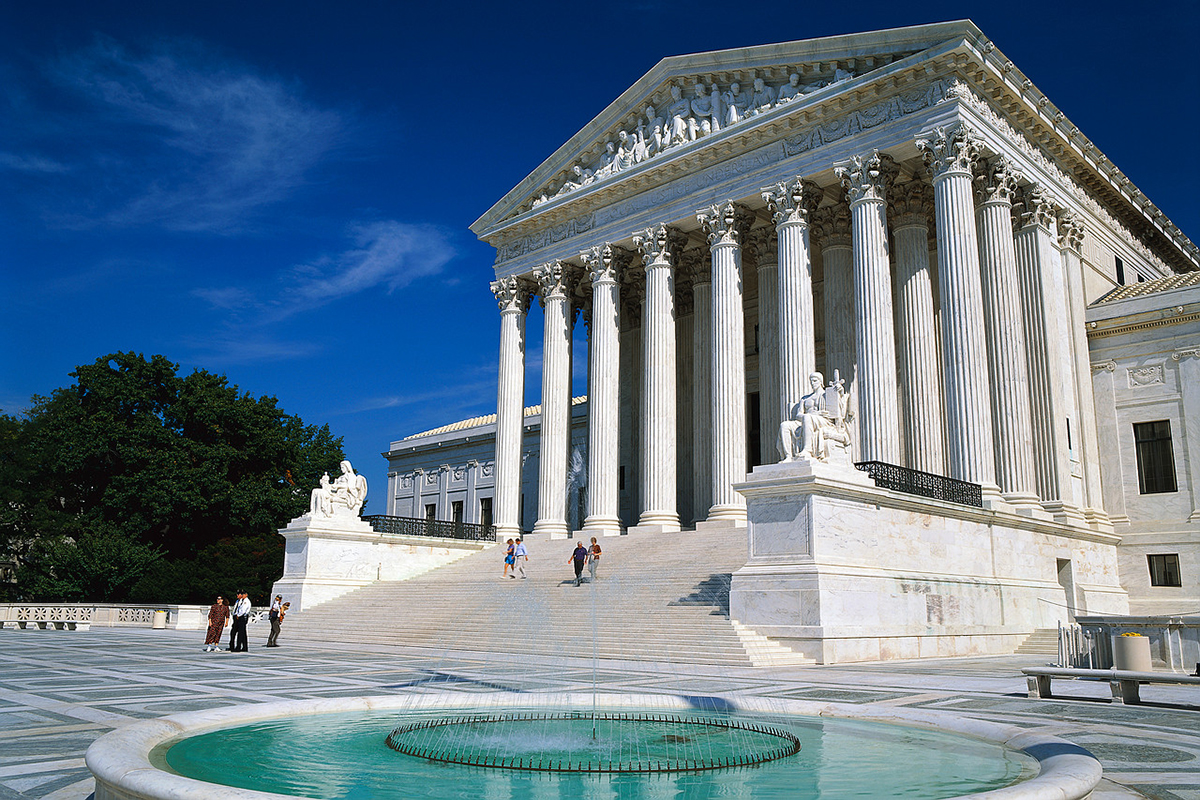Supreme Court Rules Affirms Race Consideration in Admissions

In a 4–3 decision the Supreme Court upheld the constitutionality of the University of Texas’ (UT) admissions process, which considers race as a factor in a holistic review of applicants.
This decision is a victory for students who will get a fair shot at an education. We strongly agree with President Obama that this ruling affirms “diversity is an important value in our society and that this country should provide a high-quality education to all our young people regardless of their background.” The Supreme Court’s decision also helps solidify affirmative action’s role in college admissions to create an inclusive campus environment for students.
In the majority opinion joined by Justices Ginsburg, Breyer, and Sotomayor, Justice Kennedy stated:
Keep up with the latest from UnidosUS
Sign up for the weekly UnidosUS Action Network newsletter delivered every Thursday.
A university is in large part defined by those intangible qualities which are incapable of objective measurement but which make for greatness. Considerable deference is owed to a university in defining those intangible characteristics, like student body diversity, that are central to its identity and educational mission.
We couldn’t agree more. Creating a diverse and inclusive student body is in the best interest of a university for all students to succeed academically. UT has developed a holistic application system that considers numerous factors of an applicant’s background (e.g. language spoken at home, socioeconomic status) including a narrowly tailored consideration of race.
Undoubtedly, we have yet to reach an equitable system of educating low-income students and students of color.
“Systematic inequities continue to exist in our educational system and we cannot ignore the direct correlation between that and the difficulties some of these students have in gaining admissions to selective universities,” said Janet Murguía, NCLR President and CEO in a statement.
We celebrate this as a victory for higher education equity in creating diverse student bodies that benefit the entire collegiate experience and our our nation as a whole.